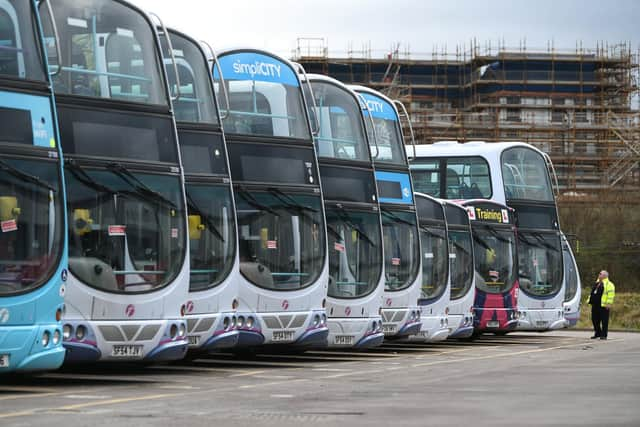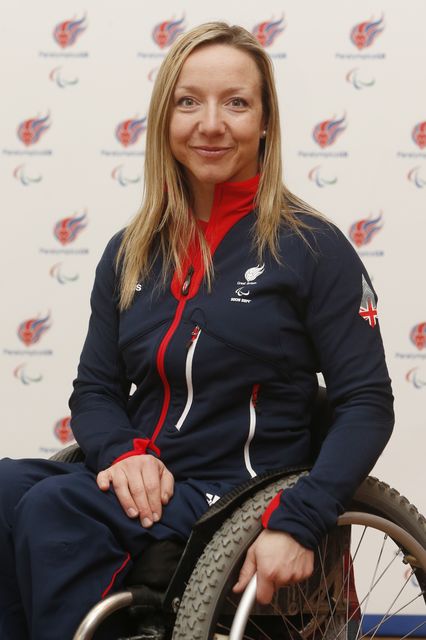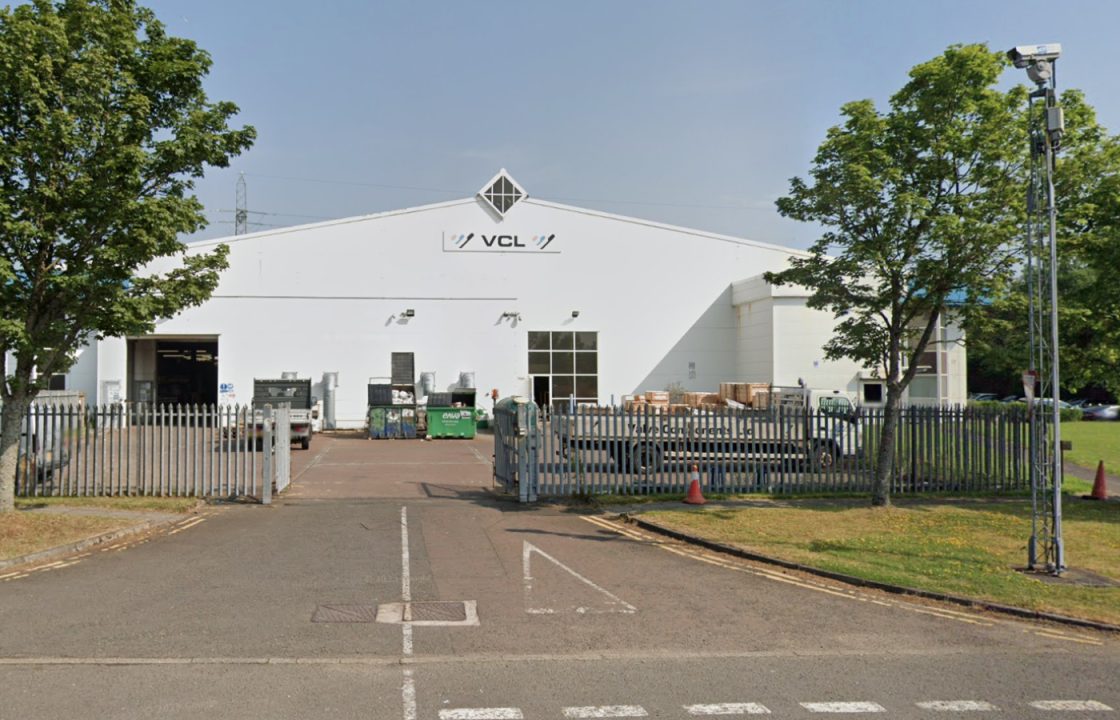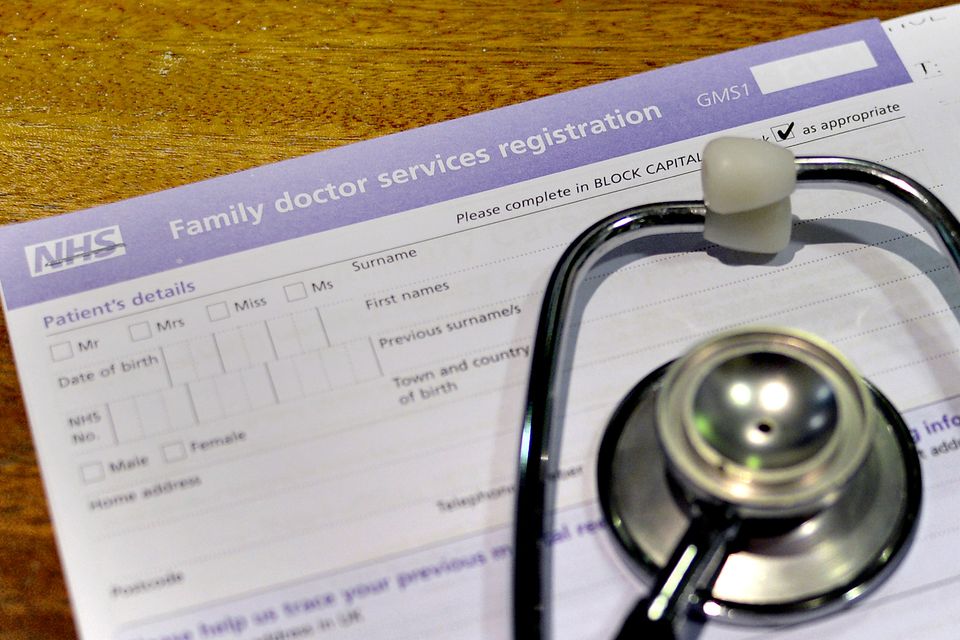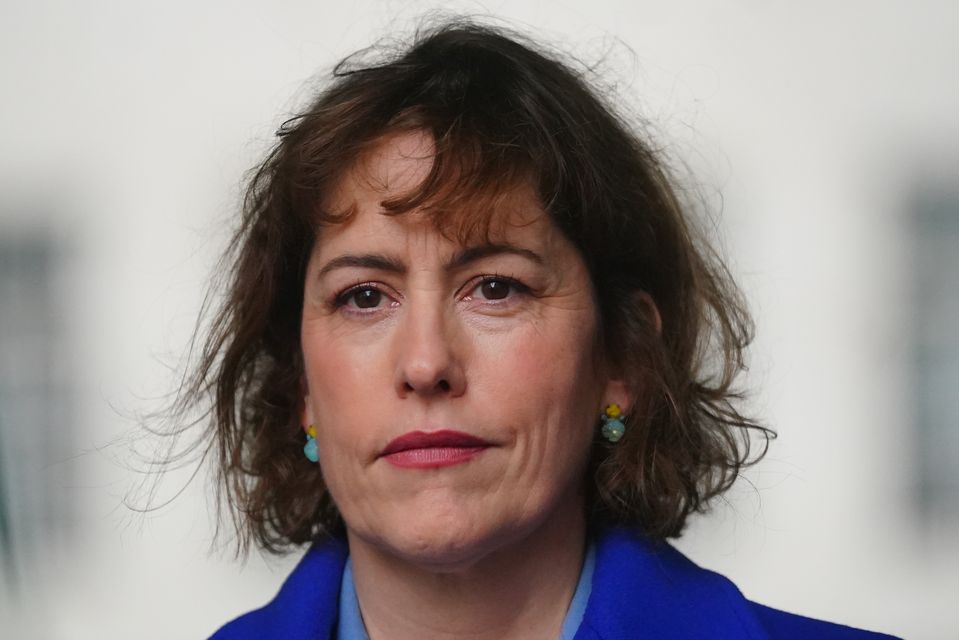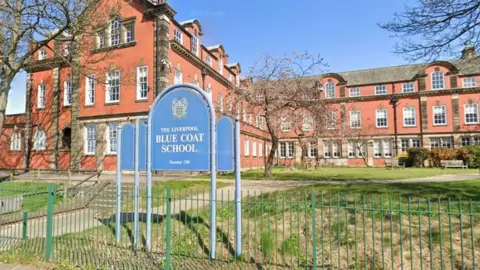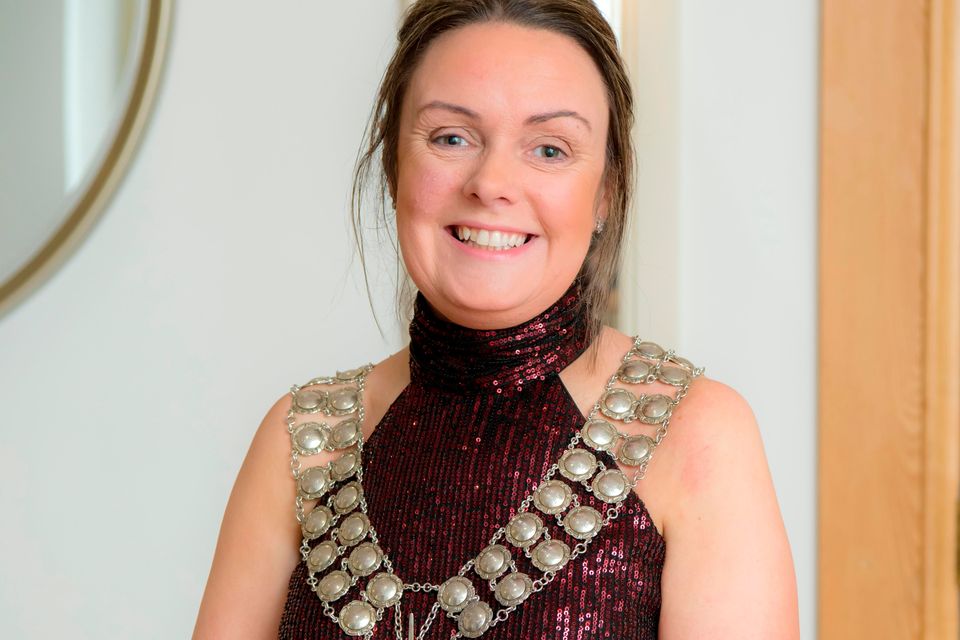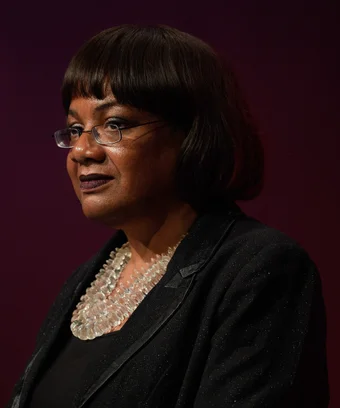UK
Michael Gove’s extremism definition: four things about his announcement that make no sense
Extremism is now defined as “the promotion or advancement of an ideology based on violence, hatred or intolerance” that aims to “negate or destroy the fundamental rights and freedoms of others” or “undermine, overturn or replace the UK’s system of liberal parliamentary democracy and democratic rights”. The definition also makes reference to those who “intentionally create a permissive environment for others to achieve” these aims.
Far from being “more precise”, as promised, the early signs are that this new definition will prove to be as contentious and controversial as its predecessor. There are many things that don’t make sense about the government’s announcement. Here are just a few.
1. It’s a response to protests, but has nothing to do with them
Prior to the unveiling, Michael Gove, the communities secretary, said the new definition was a specific response “to the increase in the amount of antisemitism and anti-Muslim hatred that we’ve seen on our streets” since October 7 last year. The prime minister, Rishi Sunak, spoke about a “shocking increase in extremist disruption and criminality” and the the need for a tougher approach. Others speculated about the potential criminality of engaging in certain chants at protests.
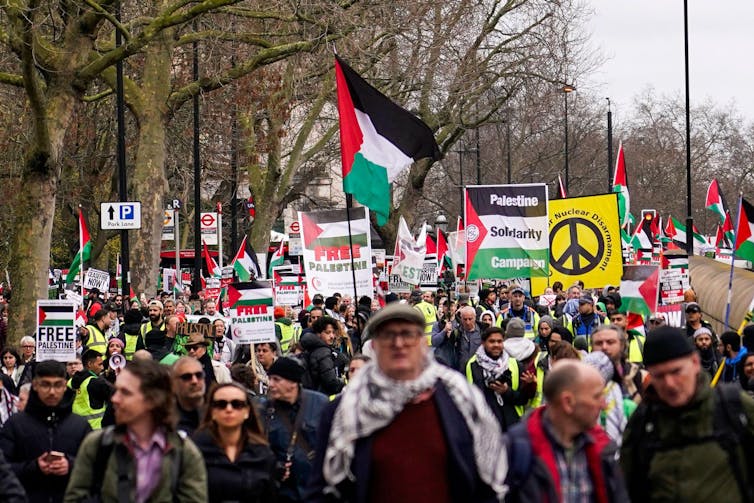
The new definition, however, doesn’t relate to any of this. Instead, as Gove told Sky News, the new definition will solely be used by government departments and officials to ensure they are not inadvertently providing a platform, funding or legitimacy to those it believes to be “extremist”. More than anything else, he went on, the new definition is “about making sure that government uses its powers and its money in a wise way”. So the new definition has nothing to do with what we were told it did.
2. It isn’t a law but confers great power
Something notable about the new definition is that it is non-statutory. It is not a law and will not lead to any changes in existing criminal law. Nor will it afford any new powers to help with the policing of protests – or indeed anything else.
This state of affairs doesn’t just mean the definition fails to add value in a legal sense, it is also troubling from a democratic perspective. Jonathan Hall KC, the government’s independent reviewer of state threat legislation, has said the new definition means that decisions about which groups are labelled extremist will now be made by “ministerial decree” alone. No safeguards are in place to prevent ministers and there is no appeal process for anyone who feels they’ve been wrongly labelled an extremist.
The process of labelling extremists therefore has the very real potential to be politicised and weaponised. In essence, the government will be able to use the new definition to cancel those it sees fit to, irrespective of whether they happen to be actual extremists or whether the government just wants to silence their criticisms. That local authorities, public bodies, and others are likely to follow the government’s lead, the potential for the new definition to be misused should not be overlooked.
3. It both isn’t and might be central to counter-terrorism law
In all of the furore surrounding the unveiling of the new definition, any reference to Prevent – the government’s counter-extremism strategy – has been conspicuous by its absence. This is strange given that the government’s old definition of extremism is integral to the Prevent strategy. The old definition is part of counter-terrorism law and provides the legal basis on which specific authorities are required to help prevent the risk of people becoming vulnerable to terrorism and the ideologies that inform it.
That there has been no reference made to Prevent or any attempt to explain what the relationship between the strategy and the new definition might be is therefore somewhat bizarre. We don’t know whether the new definition is designed to replace the old definition or whether we will now have two different definitions, each operating in its own sphere of influence. While common sense would suggest it would be the former, the very specific remit of the new definition explained by Gove would seem to suggest the latter.
4. Organisations don’t know if they’re being labelled
The government’s old definition of extremism was regularly and routinely criticised as being used to disproportionately target Muslims and their communities. Many thought it Islamophobic. The new definition therefore afforded an opportunity for the government to make the case that this was not just about Muslims but about all forms of extremism irrespective of who might be involved.
Failing to heed the Archbishop of Canterbury, Justin Welby, when he warned the new definition risks “disproportionately targeting Muslim communities” the government appears to have stoked rather allay fears. This was evident in how a number of Muslim organisations were named in leaks to the media prior to unveiling and by Gove, who used parliamentary privilege to name them in a speech to MPs. This included the Muslim Association of Britain (MAB), Cage International and Mend (Muslim Engagement and Development). Others such as the Friends of Al-Aqsa, Muslim Council of Britain (MCB) and 5Pillars have also been mentioned.
Both MAB and Mend have already challenged Gove to repeat the allegations outside of parliament so they can pursue legal proceedings against him. The MCB says it has already taken advice from lawyers.
The government has also made reference to extreme-right groups, such as Patriotic Alternative, they are wildly different from the community-focused Muslim organisations they are being equated with.
All in all, the evidence suggests that, aside from the definition itself, very little else has changed.
New extremism definition: ‘Silencing of dissident voices is a great threat to British democracy and a watershed moment in erosion of our civil liberties’
London, 15th March 2024 – The International Centre of Justice for Palestinians (ICJP) condemns and rejects the UK Government’s new definition of ‘extremism’. This definition seeks to curtail lawful exercise of civil rights guaranteed in a democracy, including the freedom of expression, thought, and protest.
The new definition was announced in parliament by Communities Secretary Michael Gove. He claimed that this redefinition was a defence of democracy, but instead, it seeks to silence voices that diverge from government thinking. He also hypocritically singled out Muslim communities and organisations, which is particularly damaging rhetoric from the Secretary of State responsible for communities.
The new definition of extremism is not an isolated attack on democracy and freedom. This government has introduced various legislation and frameworks that have stoked division and criminalised types of peaceful protest. The Police, Crime, Sentencing and Courts Act 2022 gave more sweeping powers to the police and was seen as an attack on the right to protest. In 2023, the Public Order Act was introduced to further increase and expand the powers given to the police. The Anti-Boycott Bill, currently in the House of Lords, is designed to curtail public bodies from engaging in another form of peaceful protests, namely boycotts. These developments will have a ‘chilling effect’ on people seeking to exercise their legitimate democratic rights, as outlined by Parliament’s Joint Committee on Human Rights.
Earlier this month, Prime Minster Rishi Sunak gave a speech outlining his intention suppress protest. Sunak’s speech gave special attention to pro-Palestine marches as he tried to demonise them. Sunak argued that these peaceful protests were somehow a threat to democracy whilst he, and likewise Gove, failed to make mention of far-right groups that were seen to be engaging in acts of violence most recently on Remembrance Day, where 82 far right protesters were arrested in one incident. Data on policing at Palestine solidarity marches, on the contrary, show disproportionately low arrest rates for the hundreds of thousands in attendance.
Jonathan Hall KC, who was employed as the government’s Independent Reviewer of State Threat Legislation in early February, has said that the new definition ‘would not be seen as democratic’. In an unusual move, Hall was not consulted on the new definition. Hall rightfully commented that it is not for the government to decide which protest is to be allowed, doing so is anti-democratic and a step towards totalitarianism. The introduction of laws, frameworks, and definitions that criminalise dissent and further erode civil liberties must not be taken lightly. Those putting democracy on the line must be dealt with accordingly.
Silencing any dissenting voice as ‘extremist’ is in itself extremism. It is a dangerous political tactic that has been used to dangerous effect in the past, such as when Margaret Thatcher infamously dismissed the former President of South Africa Nelson Mandela and his party as a “typical terrorist organisation”.
The right to protest is a key feature of British democracy, which is now facing grave threat from a government that has been seen to increasingly attack civil liberties, marginalised groups, and any voice calling for justice for Palestinians. It made no mention of MPs who have deliberately exacerbated racism and Islamophobia. Finally, it shows staggering hypocrisy from a government that has committed itself to undermining civil liberties during its time in power.
ICJP Senior Public Affairs Officer Jonathan Purcell said:
“This truly is a watershed moment in the erosion of civil liberties in this country. The government are justifying this new extremism definition in the name of ‘unity’ and ‘democracy’. But the reality is that this definition is designed to stoke division and undermine civil liberties. It is doublethink to the extreme.
The most prominent feature of democracy is the acceptance of differences whatever they may be. Silencing of dissident voices is a greater threat to British democracy than anything the government wishes to ban. This isn’t a slippery slope; we are already at the bottom.”
ENDS
Notes to Editors:
- The International Centre of Justice for Palestinians is an independent organisation of lawyers, politicians and academics who support the rights of Palestinians and aim to protect their rights through the law.
- For more information, or to arrange an interview with a spokesperson, please contact the ICJP news desk at press@icjpalestine.com.

